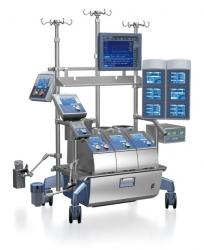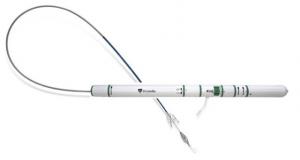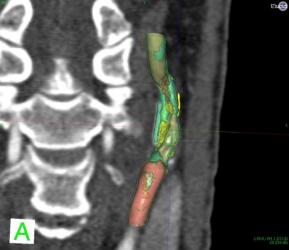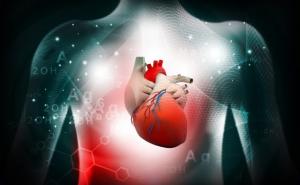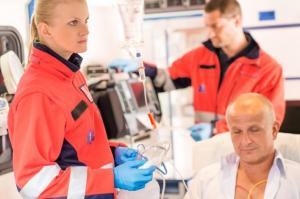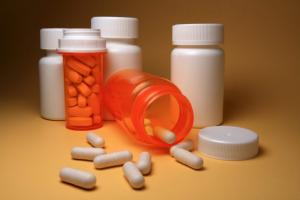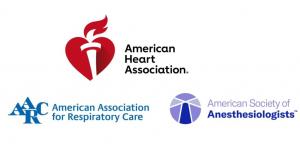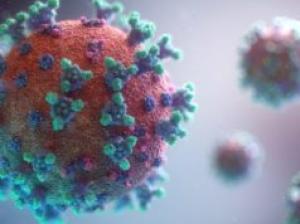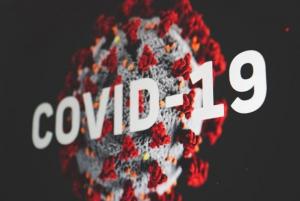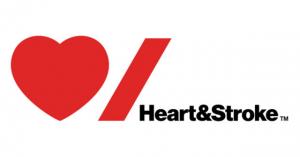LivaNova has announced that several of its cardiopulmonary products are can now be used in the USA for extracorporeal membrane oxygenation (ECMO) therapy for more than six hours, per guidance issued by the US Food and Drug Administration (FDA) on 6 April, to temporarily expand the availability of devices to address the coronavirus (COVID-19) pandemic.
Pi-Cardia has closed a US$27 million round of financing, led by Sofinnova Partners. A press release reports that Pi-Cardia’s Leaflex catheter performs mechanical scoring of valve calcification, restoring leaflets’ mobility and improving valve haemodynamics. The Leaflex catheter is designed to be a cost-effective, durable standalone treatment. It can be used for patients who are not planning to undergo a transcatheter aortic valve implantation (TAVI) and it can be a means to defer TAVI in patients who may be too young for the procedure.
Proximo Medical has announced a partnership with Elucid Bioimaging, a developer of diagnostic image analysis software used to assist in the detection and treatment of myocardial infarction and stroke. A press release states that Elucid Bioimaging’s signature technology, vascuCAP, is the only Food and Drug Administration (FDA)-cleared, histologically-validated software for evaluation of atherosclerotic plaque stability from a single computed tomography (CT) angiography to inform the risk of a cardiovascular event and treatment selection.
In response to a recent American College of Cardiology (ACC) review that advocated that troponin should only be measured when a diagnosis of acute myocardial infarction is being considered, Andrew R Chapman (BHF Centre for Cardiovascular Science, Royal Infirmary of Edinburgh, Edinburgh, UK) and colleagues argue in Circulation that high-sensitivity cardiac troponin “could actually be an ally in the fight against COVID-19”. They add that the biomarker is a “crucial diagnostic and prognostic aid in what will become even more challenging times for healthcare provision worldwide”.
In the first of a series of webinars focusing on COVID-19, Society for Cardiovascular Angiography and Interventions (SCAI) president Ehtisham Mahmud (Cardiovascular Medicine, University of California, La Jolla, USA) and colleagues reviewed transcatheter aortic valve implantation (TAVI) procedures during the pandemic. A key point of discussion was which procedures could be categorised as essential and, thus, should be performed despite bans on elective procedures.
Impulse Dynamics has announced the publication of the FIX-HF-5C2 study in Circulation: Heart Failure. A press release reports that the study affirms the safety and efficacy of the company’s 2-lead version of the Optimizer system, which was approved by the FDA in October 2019.
Enrique Ostrzega (University of Southern California, Los Angeles, USA) and colleagues report in in JACC: Case Reports that using applied abdominal pressure relived the symptoms of an apparent sudden-onset ST-segment elevation myocardial infarction (STEMI) in a patient with severe gastrointestinal distention.
Presidents of leading cardiac organisations, including the American Heart Association (AHA), the American College of Cardiology (ACC) and the Heart Rhythm Society (HRS), have published a statement that cautions against the use of hydroxychloroquine and azithromycin for the treatment of COVID-19.
The American Heart Association (AHA), in conjunction with the American Association for Respiratory Care (AARC) and American Society of Anesthesiologists (ASA) is offering guidance in oxygenation and ventilation management for healthcare providers as hospital volumes surge from COVID-19.
The reduced levels of angiotensin converting enzyme (ACE) 2 associated with cardiovascular disease and increasing age lead to a higher susceptibility to greater disease severity in COVID-19. A viewpoint published online in JAMA Cardiology hypothesises that severe acute respiratory syndrome coronavirus 2 (SARS-CoV-2) binding to ACE2 acutely exaggerates the proinflammatory background created by lower levels of ACE 2 in this subpopulation, predisposing them to greater COVID-19 disease severity and mortality.
A raised troponin level in myocardial injury “greatly alters the prognosis adversely” in COVID-19 patients, Graham Cole (Imperial College Healthcare NHS Trust, London, UK) told a virtual cardiovascular conference, hosted today by Imperial College London.
A new Heart & Stroke guideline published today in the Canadian Medical Association Journal does not recommend taking ASA (Acetylsalicylic acid) as a preventive measure for those who do not have a history of stroke or heart or vascular disease, a change to a decades-old common practice.

Performance diagnostique de l’interféron gamma dans l’identification de l’origine tuberculeuse des pleurésies exsudatives

A Mixed Phenotype of Airway Wall Thickening and Emphysema Is Associated with Dyspnea and Hospitalization for Chronic Obstructive Pulmonary Disease.

Radiological Approach to Asthma and COPD-The Role of Computed Tomography.

Significant annual cost savings found with UrgoStart in UK and Germany

Thrombolex announces 510(k) clearance of Bashir catheter systems for thromboembolic disorders
Phone: (028) 3981 2678
Mobile: 0903 839 878 - 0909 384 389








